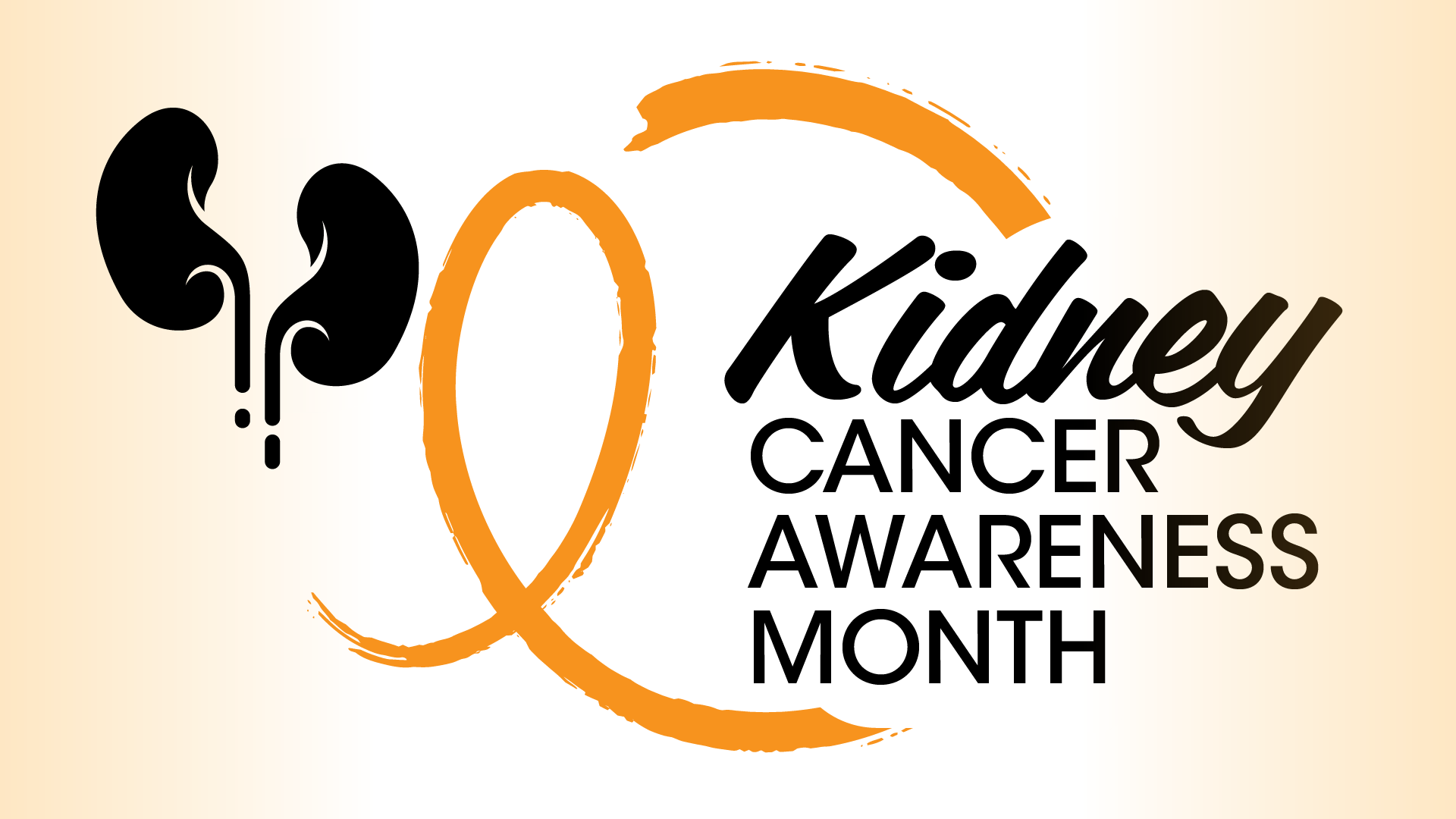
Providing Communicative/Evidence-Based Integrative Kidney Cancer Care

According to an expert from University Hospitals, integrative oncology has a place in the treatment of patients with kidney cancer alongside palliative care, psycho-oncology, and physical therapy.
CancerNetwork® spoke with Santosh Rao, MD, in an interview during
Rao, medical director of integrative oncology for University Hospitals Connor Whole Health and president-elect for the Society for Integrative Oncology, also indicated that integrative oncology consults are important tools for guiding patients using strong communication and evidence-based methods.
Transcript:
We have to think creatively. When I think of multidisciplinary care, it’s obviously [disciplines such as] surgical, radiation, and medical oncology which includes chemotherapy and immunotherapy. And you look for the issues that can come up throughout that whole journey. I don’t think of it as just integrative oncology. Integrative oncology is a broad term that involves a lot of different things.
But it has a certain place which can be alongside palliative care, psycho-oncology, and physical therapy. All these different things that we employ such as social work affect all patients with cancer in some ways or another at different times. Kidney cancer is no different. If you [have] depression, for example, what are the resources that can really help someone? That’s really the way I think about it.
The other thing we didn’t talk about is that many people have a lot of questions. One of the things that I do is integrative oncology consults. We will look at someone’s lifestyle and how they manage their stress, and we’ll also talk about questions that they have and what supplements and natural products they’re using.
That, as we’ve seen, is a huge business. Many people have all sorts of important questions, but if you don’t have any guidance, people are just going online and reading stuff. And we know that they don’t always bring it up with their physician. Also, many people don’t understand what to tell patients [about] what [products are] safe, not safe, et cetera. That’s important too. Whether you’re treating kidney cancer or another cancer, it comes up. Getting good guidance, communicating and collaborating, and doing it in an evidence-based way is also important.
Newsletter
Stay up to date on recent advances in the multidisciplinary approach to cancer.



































